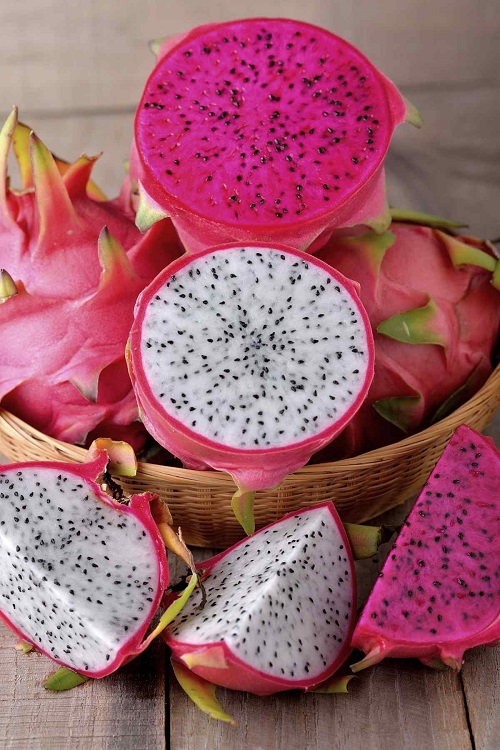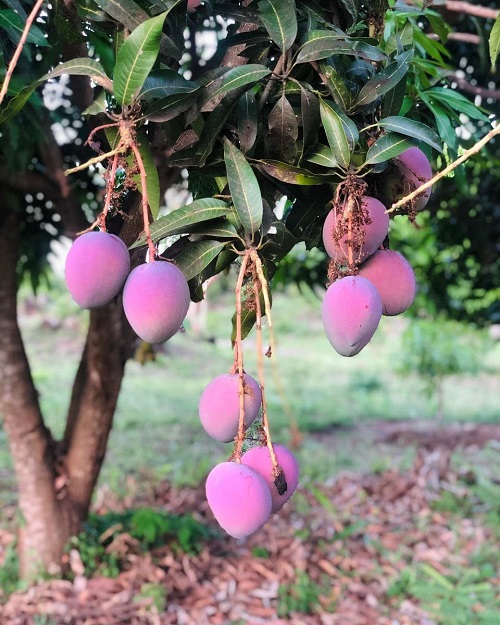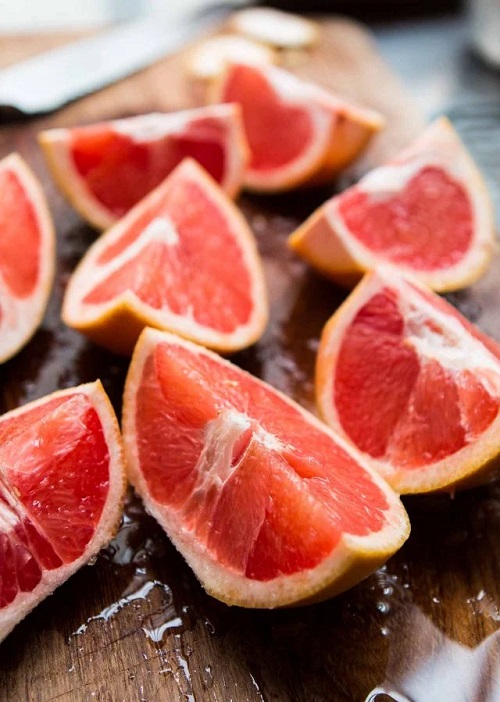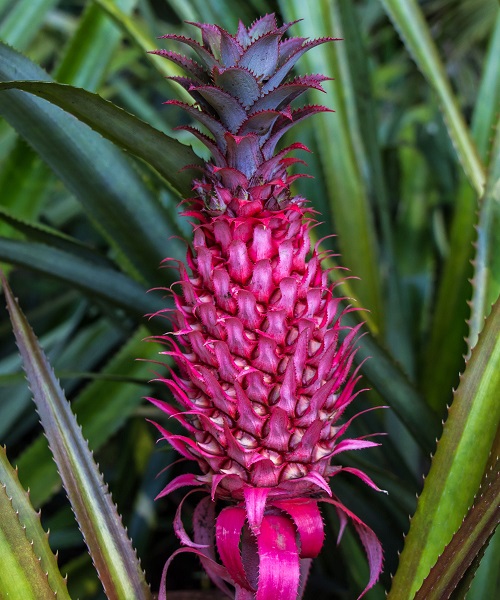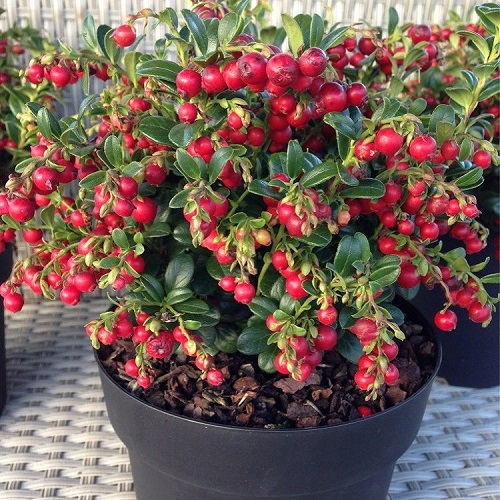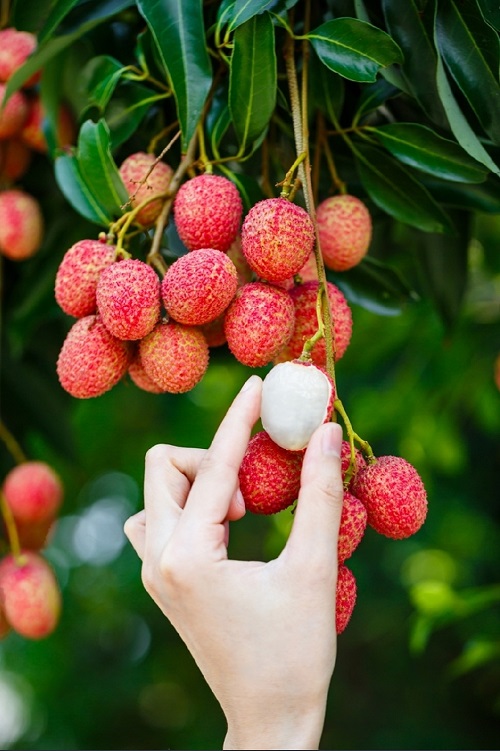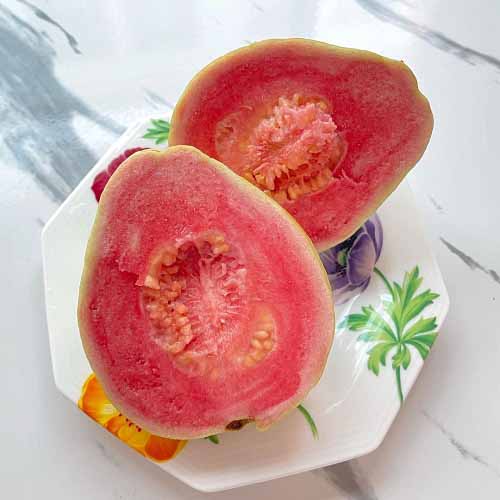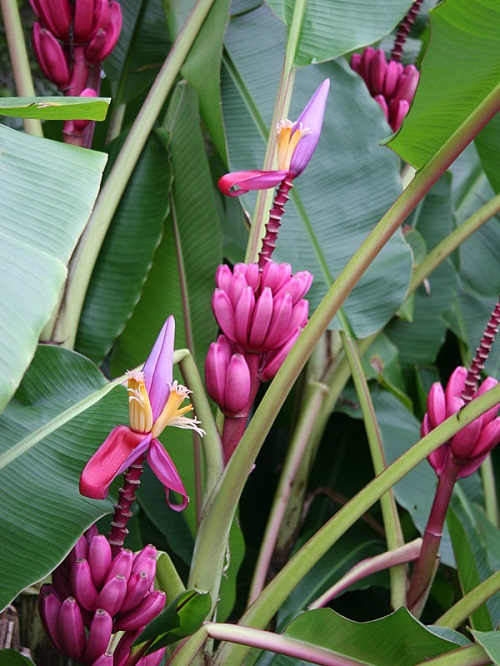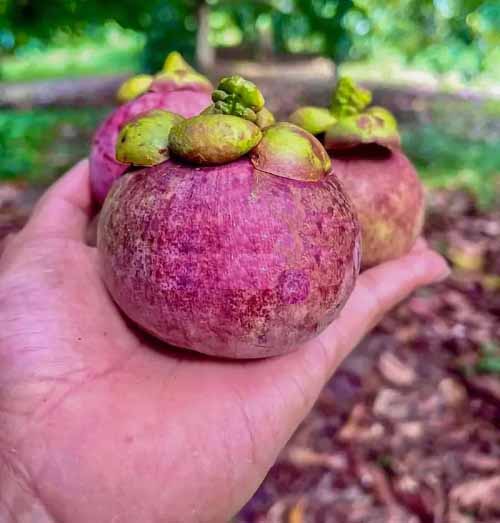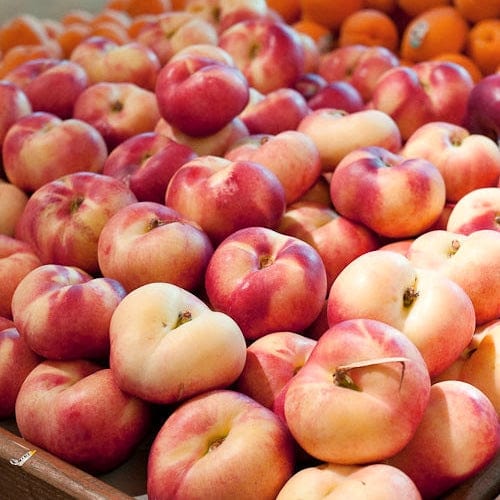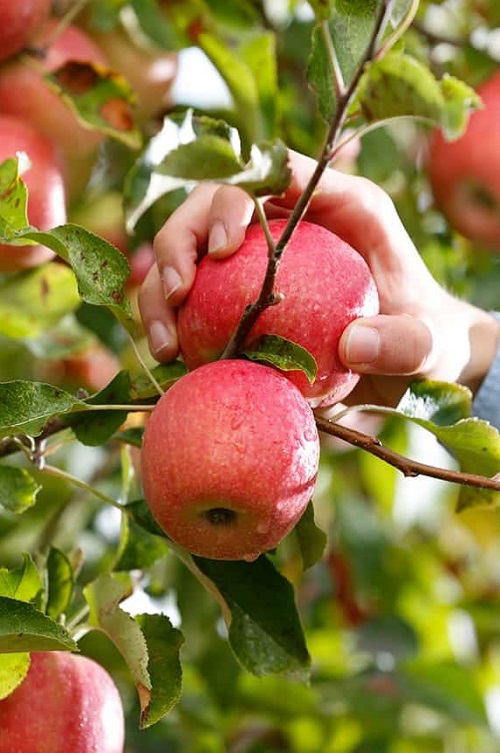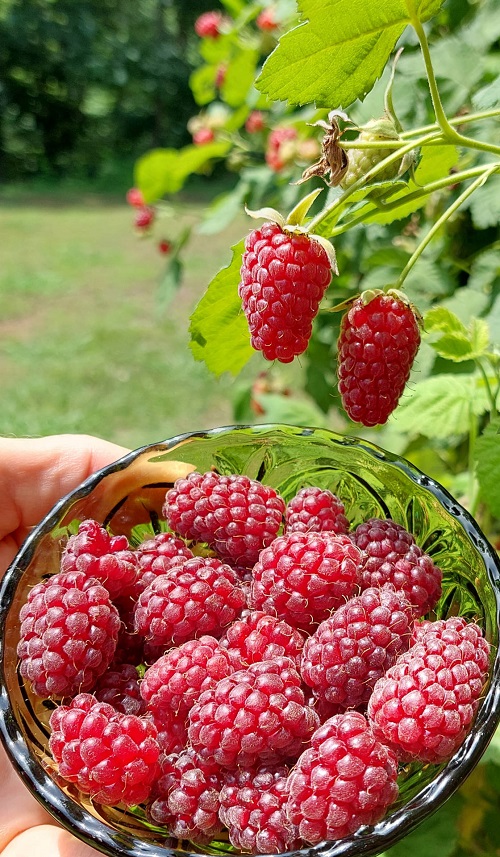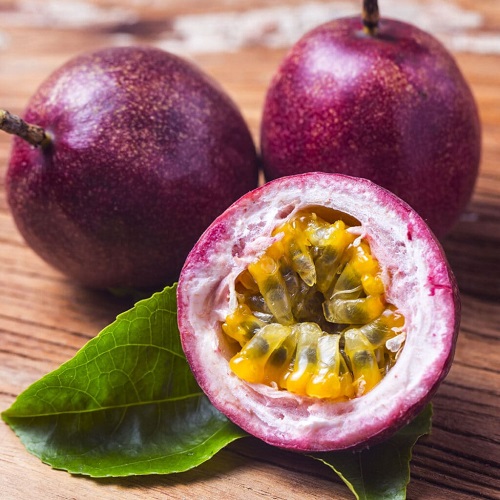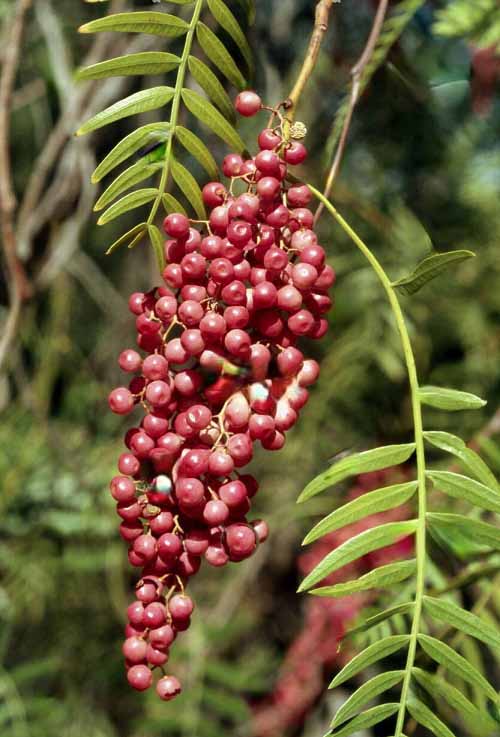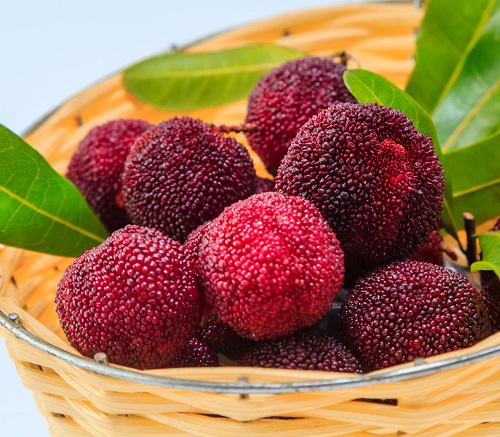Pink fruits not only look the part, but they also offer a delicious blend of taste and flavor!
You must have seen tons of pink flowers, but how many pink fruits have you tasted? Don’t worry if you can’t remember! We have 29 of them for you!
Best Pink Fruits
1. Dragon Fruit
Botanical Name: Hylocereus undatus
Dragon Fruits have a pink outer skin and white flesh inside filled with tiny black seeds. They’re packed with vitamin C and have a mild, sweet flavor.
2. Pineberry
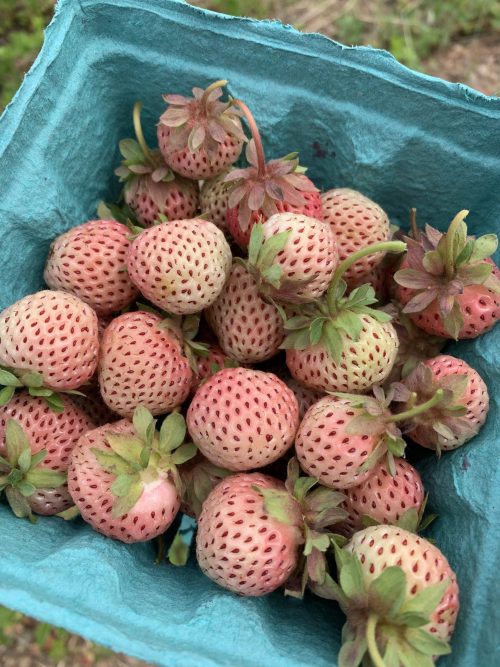
Botanical Name: Fragaria x ananassa
These Pineberries look like pink strawberries and are a mix of pineapples and strawberries. You can taste both of these too, along with hints of apricots.
3. Pink Mango
Botanical Name: Mangifera indica
Pink skin mangoes are packed with vitamins A and C and have pink-purple skin. For a proper pink hue, grow phoenix mangoes.
4. Pink Grapefruit
Botanical Name: Citrus × paradisi
Pink Grapefruits have a rosy flesh that’s really refreshing. Their outer skin is orange with subtle notes of pink.
5. Watermelon

Botanical Name: Citrullus lanatus
Pink fruits are not only the ones that are pink on the outside and not inside. Take watermelons, for example; their rinds are green, but they have juicy pink flesh inside.
6. Pink Kiwi
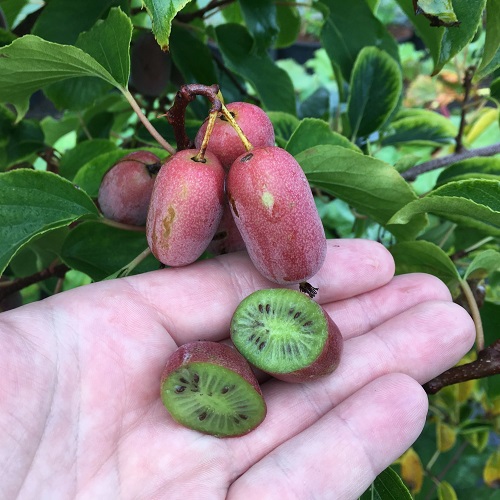
Botanical Name: Actinidia deliciosa
Regular kiwi fruits have light green flesh, but pink kiwi are pink and deliciously sweet. They also ripen earlier than green ones.
7. Pink Pineapple
Botanical Name: Ananas comosus
Pink pineapples are called Pinkglow and have a lovely pink flesh that’s rich in lycopene. They are sweet and have a candy-like flavor.
8. Pink Papaya
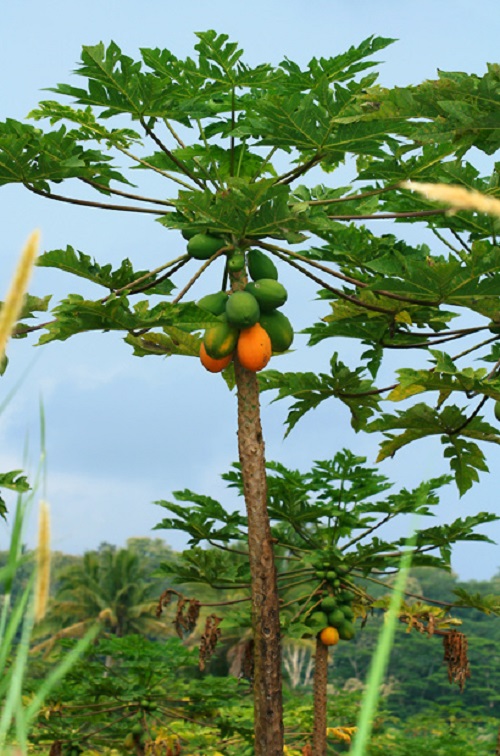
Botanical Name: Carica papaya
Most Papayas are orange or yellow inside, but some of these also have pink flesh. They are less sweet than orange ones.
9. Pomegranate
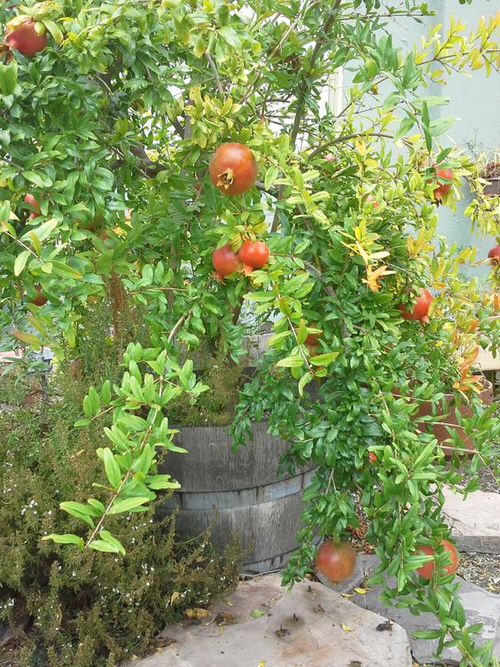
Botanical Name: Punica granatum
Pomegranates are about the size of an apple and have a maroon-pink color. They have juicy arils inside, which are actually the seeds of the fruit.
10. Pink Figs
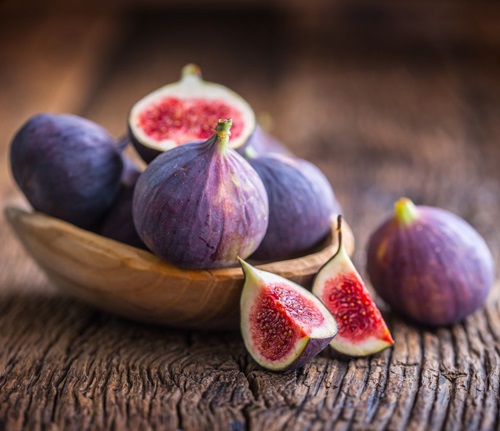
Botanical Name: Ficus carica
There isn’t a specific variety of figs that is entirely pink. Figs come in a pink-purple shade but also in green, yellow, brown, and black. Once they turn ripe, the flesh of these pink fruits take a rich hue.
11. Cranberries
Botanical Name: Vaccinium oxycoccos
Cranberries are tart and tangy little pink fruits that grow on dwarf shrubs or trailing vines. They’re good sources of vitamins C, E, K1, and manganese.
12. Pink Persimmon
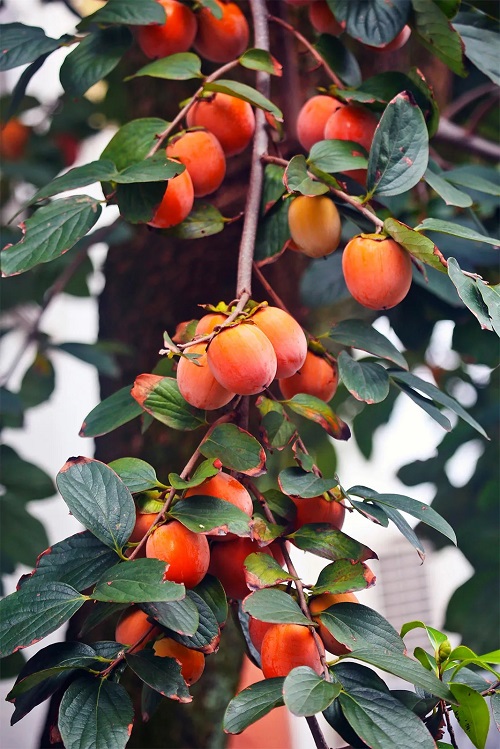
Botanical Name: Diospyros kaki
Most persimmons aren’t actually pink, but there is a hybrid called Nikitskaya Bordovaya Persimmon, which has red-pink skin and jelly-like sweet flesh.
13. Lychee
Botanical Name: Litchi chinensis
The skin of lychee is a faded pink-yellow and has a rough texture, but inside, the flesh is cloud white and really sweet and fragrant.
14. Pink Gooseberries
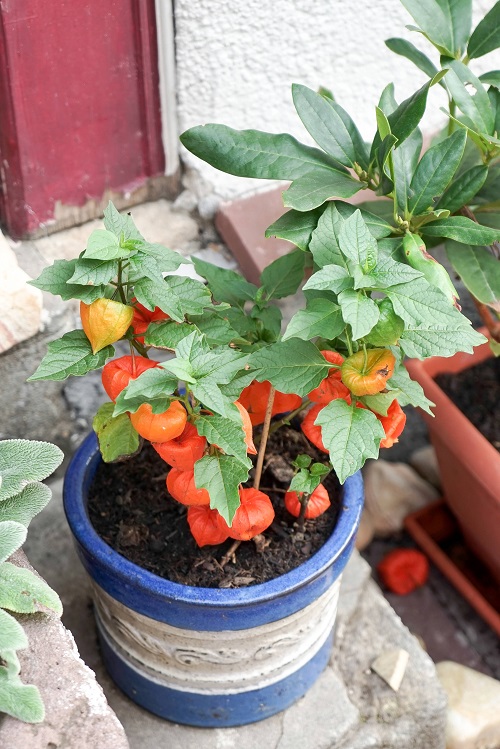
Botanical Name: Ribes uva-crispa
Yes, pink gooseberries are a real thing, and you can grow them in pots! Some of the best varieties are Achinskaya Pink and Pink Champagne.
15. Pink Guava
Botanical Name: Psidium guajava
There are many guava varieties that are not creamy white but actually a soft pink color on the inside. They are also rich in fiber and antioxidants.
16. Pink Pomelo
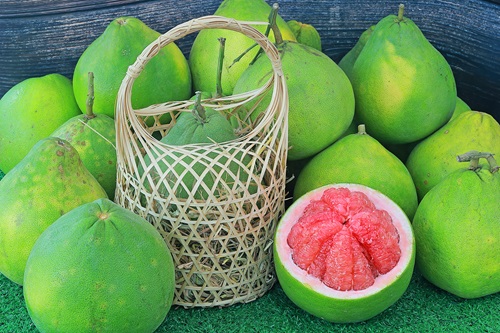
Botanical Name: Citrus maxima
Pink Pomelos have bright green skin, which is really thick. But they are worth peeling because you’ll find pink, sweet flesh inside.
17. Pink Banana
Botanical Name: Musa sapientum
Pink Bananas are really hard to come by. These are not good for eating and are mostly grown as ornamental plants in the East.
18. Pink Plum
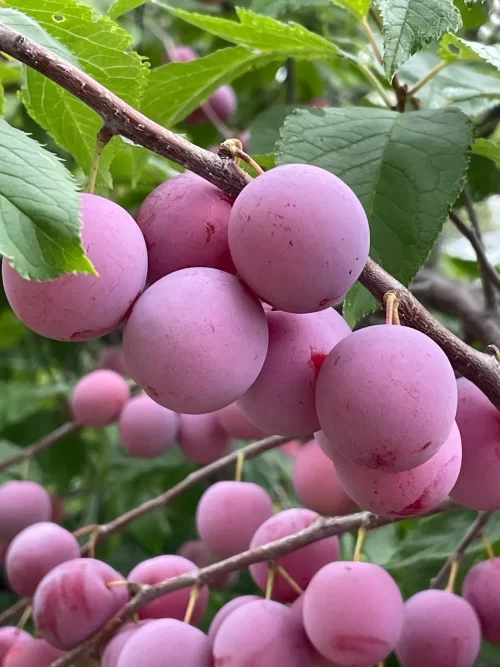
Botanical Name: Prunus domestica
Pink Plums are commonly called Red Flesh plums because they have red-purple outer skin and pink flesh. The best ones are Shiro, Satsuma, and Burgundy varieties.
19. Pink Mulberries
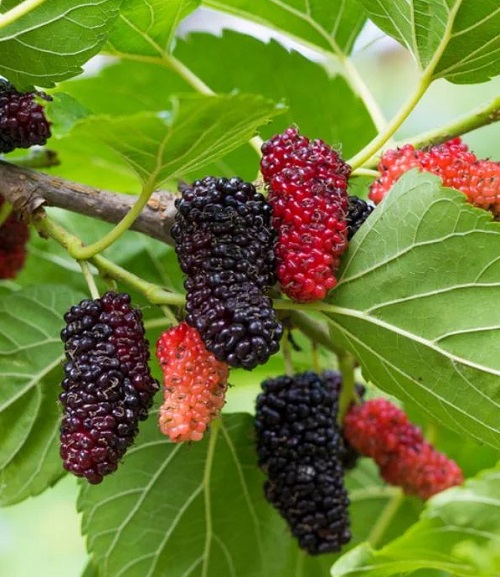
Botanical Name: Morus rubra
Did you know mulberries were also a kind of pink fruit? They have a light pink, almost rose-colored flesh that is tarty and sweet.
20. Pink Mangosteen
Botanical Name: Garcinia mangostana
Mangosteens are not exactly pink but pink-purple or a deep purple if they are not harvested in time. You should harvest them when they are reddish-brown.
21. Pink Pearl Apples
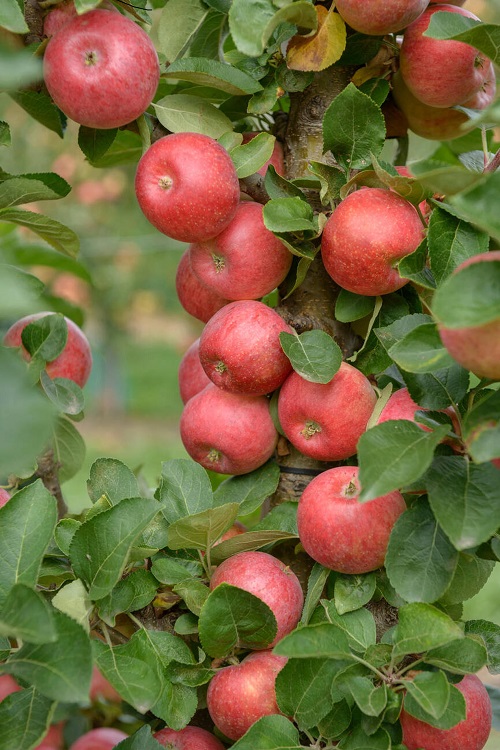
Botanical Name: Malus domestica
Albert Etter developed Pink Pearl apples in 1944. These medium-sized apples have pink skin and flesh.
22. Pink Apricot
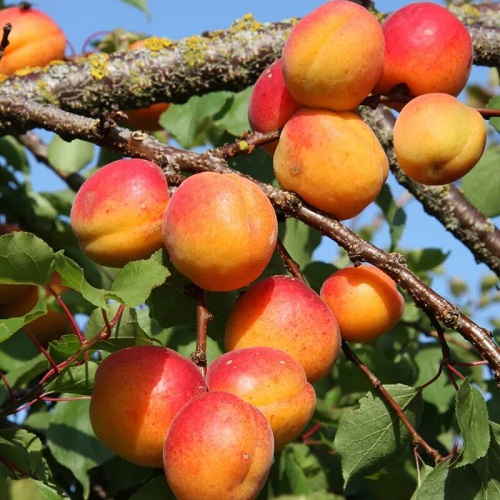
Botanical Name: Prunus armeniaca
You can find many lovely and tasty varieties of apricots with pink and red skin. The best one is Pink Marry.
23. Pink Nectarine
Botanical Name: Prunus persica var. nucipersica
You can also find pink nectarine fruits. They are not a separate variety but develop a pink-red color due to sun exposure. The more the sun, the richer the color.
24. Pink Lady Apple
Botanical Name: Malus domestica
Pink Lady apples are trademarked. There is not a single variety, but there are different ones like Cripps Pink, Rosy Glow, and Sundowner. They’re quite juicy and have a long shelf life.
25. Loganberries
Botanical Name: Rubus × loganobaccus
Loganberries are a hybrid of the North American blackberry (Rubus ursinus) and the European raspberry (Rubus idaeus). They have a rich pink-red color and a flavor that’s tarty and tangy.
26. Pink Blood Orange
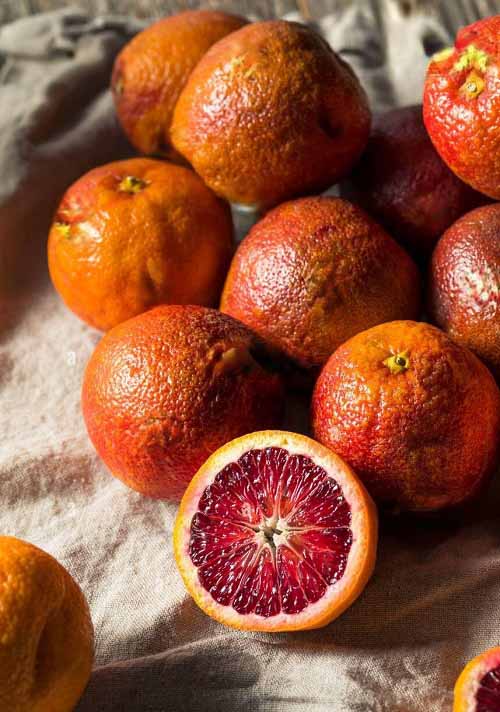
Botanical Name: Citrus × sinensis
Blood Oranges are dark pink-purple on the inside. This is because they are rich in anthocyanins. Sanguinello Gentile is a good variety.
27. Passion Fruit
Botanical Name: Passiflora edulis
Passionfruits are tropical fruits with a tangy, sweet flavor. Depending on the variety, they are pink, purple, red, or yellow on the outside, and the pulp inside is mostly yellow.
28. Pink Peppercorns
Botanical Name: Schinus terebinthifolia
Pink peppercorns are not true peppercorns and don’t come from the pepper plant. These are actually dried pink berries from the Brazilian pepper tree (Schinus terebinthifolia) or the Peruvian pepper tree (Schinus molle).
29. Yumberries
Botanical Name: Myrica rubra
Yumberry is a small, round pink fruit that looks like a raspberry. It has a bumpy texture and a sweet-sour taste. They are also known as Yangmei and the Chinese bayberry.


